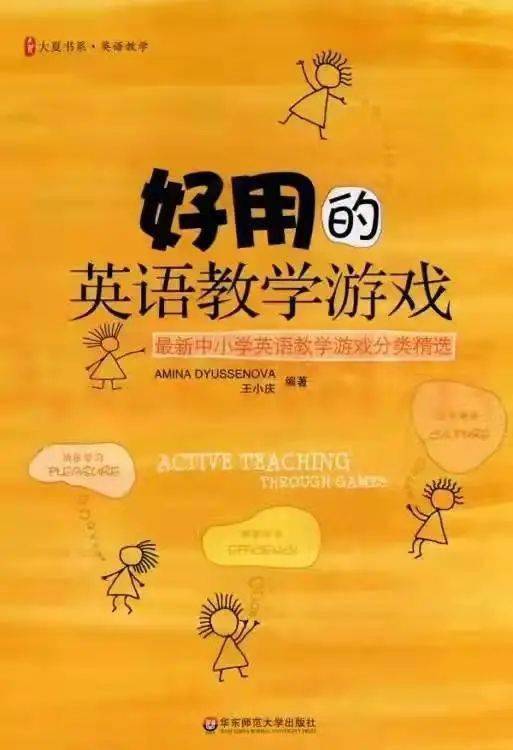来源:小编 更新:2024-12-21 02:16:25
用手机看

Game-based learning (GBL) has emerged as a powerful tool in the field of education, particularly in the realm of language learning. This article explores the concept of GBL in English education, its benefits, implementation strategies, and the impact it has on student engagement and learning outcomes.

Game-based learning is an educational approach that incorporates games into the learning process. Unlike traditional teaching methods, GBL focuses on creating an interactive and engaging environment that promotes learning through play. This approach leverages the natural curiosity and motivation of students, making the learning experience more enjoyable and effective.

There are several advantages to using game-based learning in English education:
Increased Engagement: Games capture students' attention and maintain their interest, leading to higher levels of engagement and participation.
Enhanced Language Skills: GBL provides opportunities for students to practice and reinforce language skills in a meaningful context.
Improved Retention: The interactive nature of games helps students retain information better than traditional methods.
Collaboration and Communication: Many games require collaboration and communication, fostering teamwork and social skills.

Implementing GBL in English classrooms involves several key steps:
Game Selection: Choose games that are age-appropriate, relevant to the curriculum, and designed to enhance language learning.
Integration with Curriculum: Align the games with the learning objectives and content of the curriculum.
Teacher Training: Ensure that teachers are trained in game-based learning strategies and are comfortable using games in the classroom.
Student Involvement: Encourage students to actively participate in the games and make connections to their learning.

Here are some strategies to make game-based learning more effective:
Varied Game Types: Use a variety of games to cater to different learning styles and interests.
Clear Objectives: Set clear learning objectives for each game and ensure that students understand them.
Feedback and Assessment: Provide timely feedback and assess students' progress through observations and reflections.
Reflection and Discussion: Encourage students to reflect on their learning experiences and discuss what they have learned.

While game-based learning offers numerous benefits, there are also challenges to consider:
Resource Allocation: GBL may require additional resources, such as technology or specialized games.
Teacher Training: Teachers need to be trained in game-based learning strategies to effectively implement them.
Student Differences: Consider the diverse needs and abilities of students when designing and implementing games.

Research has shown that game-based learning can have a significant positive impact on student learning outcomes in English education. Students who engage in GBL tend to have higher levels of motivation, better language skills, and improved retention of information compared to those who do not.

Game-based learning is a valuable approach to English education that can enhance student engagement, improve language skills, and foster a more enjoyable and effective learning experience. By incorporating games into the classroom, teachers can create a dynamic and interactive environment that caters to the needs of diverse learners.

Game-based learning, English education, language learning, student engagement, teaching strategies